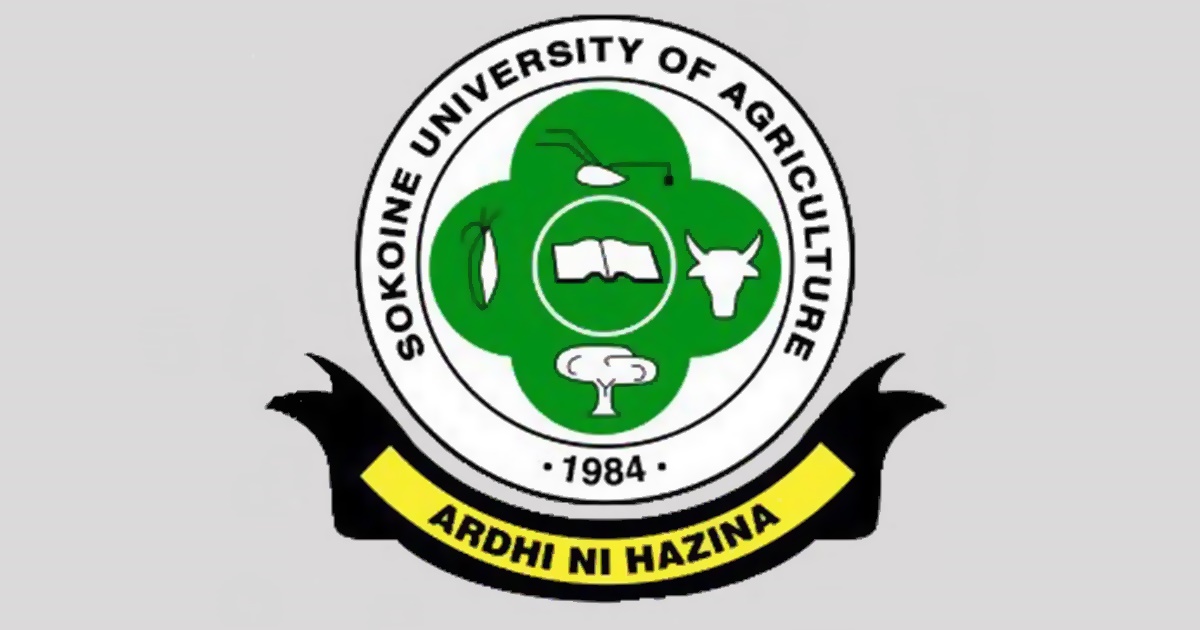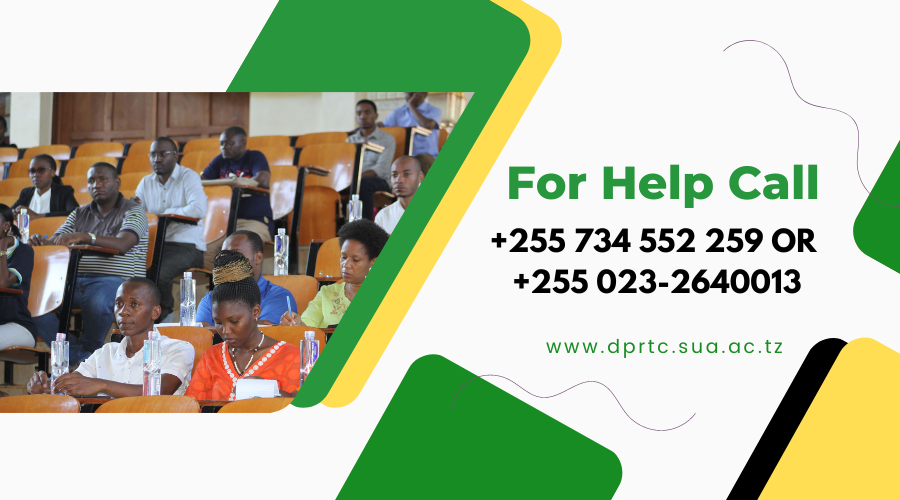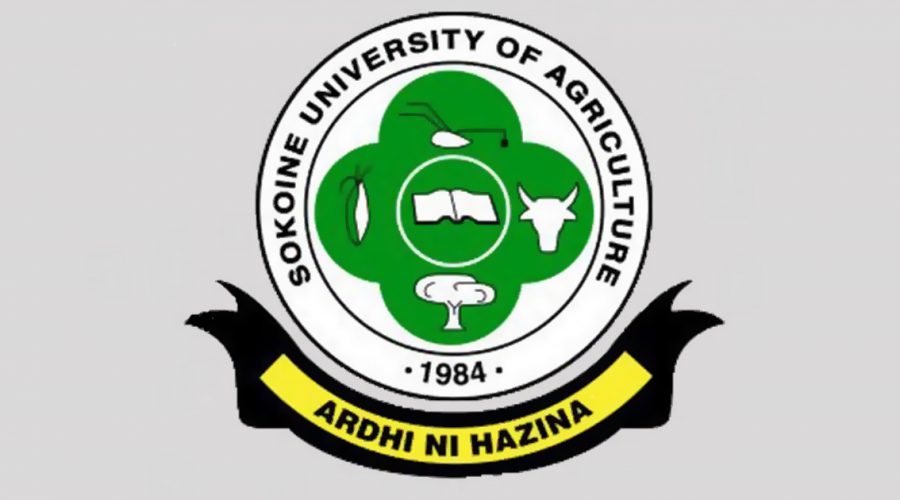Candidate: Kelvin M. Njunwa
Njunwa is a specialist in Human Resource Management (HRM) and Development Management especially in the Local Governments in Tanzania. Currently work as Principal Human Resource Officer (PHRO) at Morogoro Regional Office (RAS). He registered with Sokoine University of Agriculture in December, 2015 in the Department of Development Studies (DDS), College of Social Sciences and Humanities (CSSH)
Thesis Title: Political-Administrative Relations in Public Development Projects Implementation in Tanzania: The Case of Construction of Health and Educational Infrastructure in Morogoro District Council
Supervisor: 1. Dr. Emanuel Chingonikaya
- Dr. Wilhelm Mafuru
Date and Time: 2nd October, 2020; 09:30 hrs
Venue: DS Postgraduate Room
Mode of Defence: Face-to-face
Panelist Team
- Prof. Prof. Z.S.K. Mvena (Chairman)
- Prof. David Mhando (Appointee of the Principal)
- Emanuel E.Chingonikaya (Internal examiner-Supervisor)
- Prof. Kim A. Kayunze (Internal examiner who did not supervise)
- John V. Msinde (Appointee of the Head of Department)
ABSTRACT
Construction of education and health infrastructures projects at ward and village level is one of important steps of the government to improve access health and education service to the public. Despite of the efforts of the government initiating various construction projects for health and educational infrastructures is still a challenges in most rural districts. Therefore the purpose of the study was to assess the contribution of political-administrative relations in implementation of health and education infrastructure project in Morogoro District Council. The study found out that political administrative relations play significance role in ensuring effective implementation of the projects as it increase community participation, trust and mitigate conflicts, transparency and accountability and management of projects funds. Despite its importance, the study found out various challenges that affect the relationship between elected and appointed officials in their interaction. The challenges include personal and institutional factors such as conflict of interest, role ambiguities, and partisan politics, poor compliance of laws and policies, poor transparency and accountability as well as low level of education on the side of elected officials. The study concluded that inadequate monitoring of interaction between elected and appointed officials in the projects affect their performance and jeopardize effective implementation of the projects. It is also concluded that complimentary model as an effective tool that to regulate the relationship between elected and appointed officials as it advocated for reciprocal relations, information sharing, involvement and interdependency relations between parties. Therefore, the study recommended that LGAs should monitoring and control the relations between elected and appointed officials by providing training, ensure compliance of good governance practices, avoid politicization of public services and maintain political neutrality in their performance






